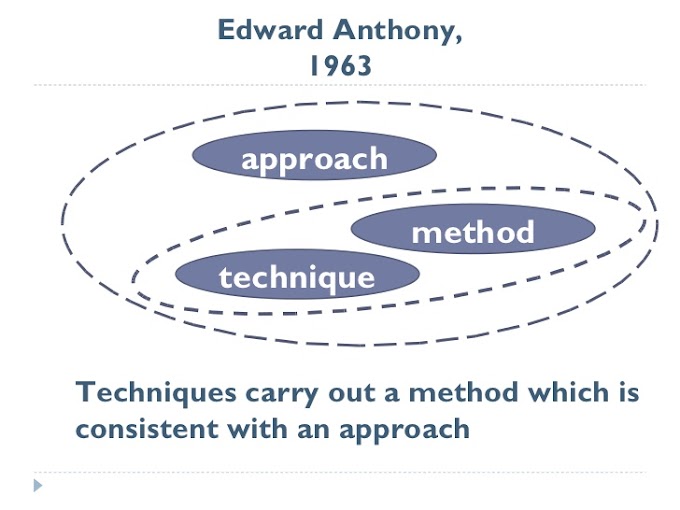Deamatic Monologue:
‘The Patriot' by Robert Browning is a dramatic monologue. A dramatic monologue refers to the poetic soliloquy in which the speaker reveals his own character. Usually, a listener is present who does not speak but plays a part in the development of the poem.
"The Patriot" as a Dramatic Monologue:
The speaker of the poem ‘The patriot’ is a patriot who narrates his own story from first person point of view and reveals his thoughts publicly. In the very beginning he reminisces his memories of the glorious past and then he reveals what is happening to him now.
The poem starts with the description of the grand ovation and ends with the description of his tragic hanging.
In the beginning of the poem, the speaker tells us about his glorious past when he returned to the town as a hero one year ago. A year ago he was given a grand welcome for his heroic deeds on his arrival to the town. People had thrown roses and myrtles in his path. House roofs were filled with people. They gathered just to have a glimpse of their hero. Lights burned all night and flags fluttered freely in churches. Sweet sounds of bells filled the atmosphere. People seemed to be so eager to please their hero that they would have fetched anything for him. The patriot revealed that he has done many impossible things which pleased his people. The narrator expresses his story in this way:
“It was roses, all the way,
With myrtle mixed in my path like mad.
The house-roofs seemed to heave and sway,
The church-spires flamed, such flags they had,
A year ago on this very day!”
But after one year everything has changed. Everything he did during one year was considered criminal by the people. So they turned against him and decided to hang him publicly as a punishment. There is nobody on the roof-tops to watch the patriot being dragged to the place of execution. All have gone to the death-post at Shambles' Gate to witness ‘the best of the sight' of hanging him. He is being taken there with his hands tied with rope behind him. It is raining heavily. His forehead is bleeding because whoever has a mind throws stones at him. He undergoes physical as well as mental torture.
He says:
“And I think, by the feel, my forehead bleeds,
For they fling, whoever has a mind,
Stones at me for my year's misdeeds”
On his way to death, the patriot has a few consoling thoughts. A man who is unjustly tortured and punished in this world is sure to get God's love in the other world. The patriot reveals quite optimistically:
“Thou, paid by the World,_ what dost thou owe
Me?” God might have questioned; but now instead
’Tis God shall requite! I am safet so.”
The patriot hopes that since he did not receive his reward in this world, he will be rewarded in the other world by the Merciful God. So he feels safe in the hands of God. Thud, the patriot is solaced at the thought of being really safe in the hands of God.





0 Comments